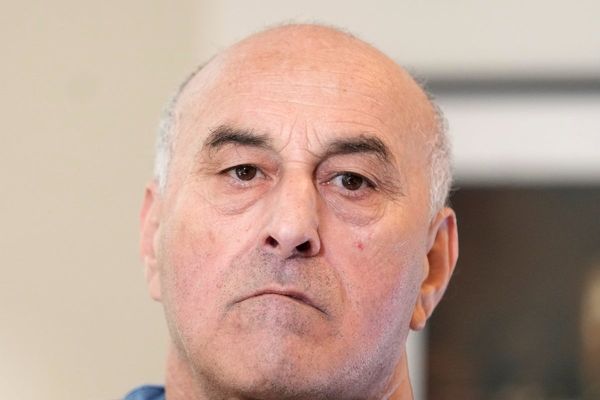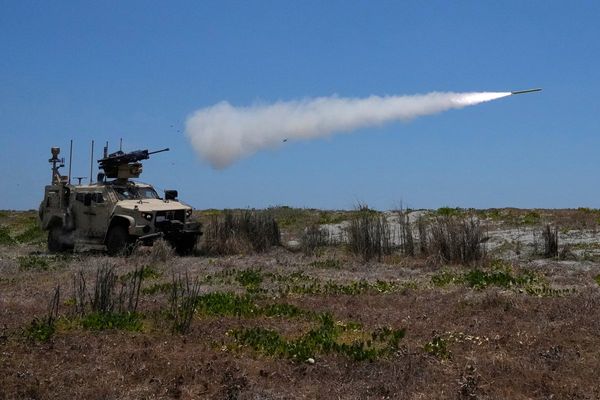It has been more than four-and-a-half years since 16 polo ponies died during a voyage on a Spirit of Tasmania ferry, but the drawn-out legal saga stemming from the deaths has no end in sight.
The horses were found dead inside a trailer after a Bass Strait crossing between Devonport and Melbourne in January 2018. Two more horses survived.
Ferry operator TT-Line is fighting allegations of 29 breaches of the animal welfare act, including that it failed to ensure the horses were individually stalled and to ensure there was adequate ventilation.
Over the course of two weeks, the Burnie Magistrates Court heard evidence detailing how the horses were exposed to high temperatures, increasing their respiratory demand, and likely died about eight hours into the journey.
In his closing statement, TT-Line defence lawyer David Neal said the company relied upon a written declaration from the trailer's driver, former Australian polo captain Andrew Williams, that stated the trailer and the way the horses were stalled complied with regulations.
"We all have to make a declaration before we board a plane that we are not carrying dangerous goods," he said.
"The airline relies on that. If I had a plastic explosive in my baggage and blow up the plane, is it said that the plane carrier has failed in its duty?"
Prosecutor Simon Nicholson said that analogy was flawed because TT-Line did not inspect the trailer.
"What happens when you do a declaration and go through an airport? You not only hand the declaration in but you go through security check-points," he said.
Dr Neal told the court if Mr Williams had not provided the declaration, the truck would not have been able to board.
"That was a reasonable mistake, as it turns out, to think that it was as he said it was," he said.
"They did all of the things their regulations and the industry practice require them to do, and the trouble is, Mr Williams did not."
He said the argument from the prosecution that TT-Line "did nothing" was wrong, and told the court detail about what should have been done in relation to the ventilation of the truck was "strikingly absent" from the Crown's case.
Mr Nicholson refuted that, telling the court TT-Line clearly breached the act because "nothing was done to ensure compliance".
He said the regulations made it clear the trailer was only able to transport 11 horses across Bass Strait, as it only had 11 stalls.
He told the court a failure to ensure the horses were individually stalled contributed to a likelihood of unreasonable and unjustified pain and suffering.
Where to from here?
The legal case against TT-Line is just one of a number of ongoing court proceedings in relation to the deaths.
Magistrate Leanne Topfer said she had "a lot to think about" but would come to a decision in relation to TT-Line "as quickly as possible", adjourning the matter until the end of September.
The Supreme Court of Tasmania also still needs to deal with a legal challenge from the ferry operator's lawyers during the first days of the hearing.
They had requested the proceeding be adjourned until that was resolved, but Magistrate Topfer decided to let it continue.
Mr Williams is facing similar charges to TT-Line but changed his plea to guilty in July and will be sentenced at a later date.
The driver of another truck carrying horses on the same voyage was also charged with failing to ensure they were individually stalled, but his case is yet to be heard.
Mr Williams also launched action against TT-Line and freight operator QUBE Ports in the Supreme Court of Victoria in 2018, claiming they caused ponies' deaths.
A trial is currently set down for March next year.







